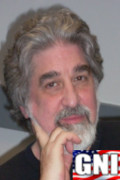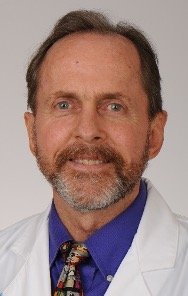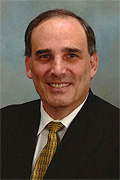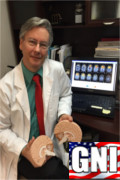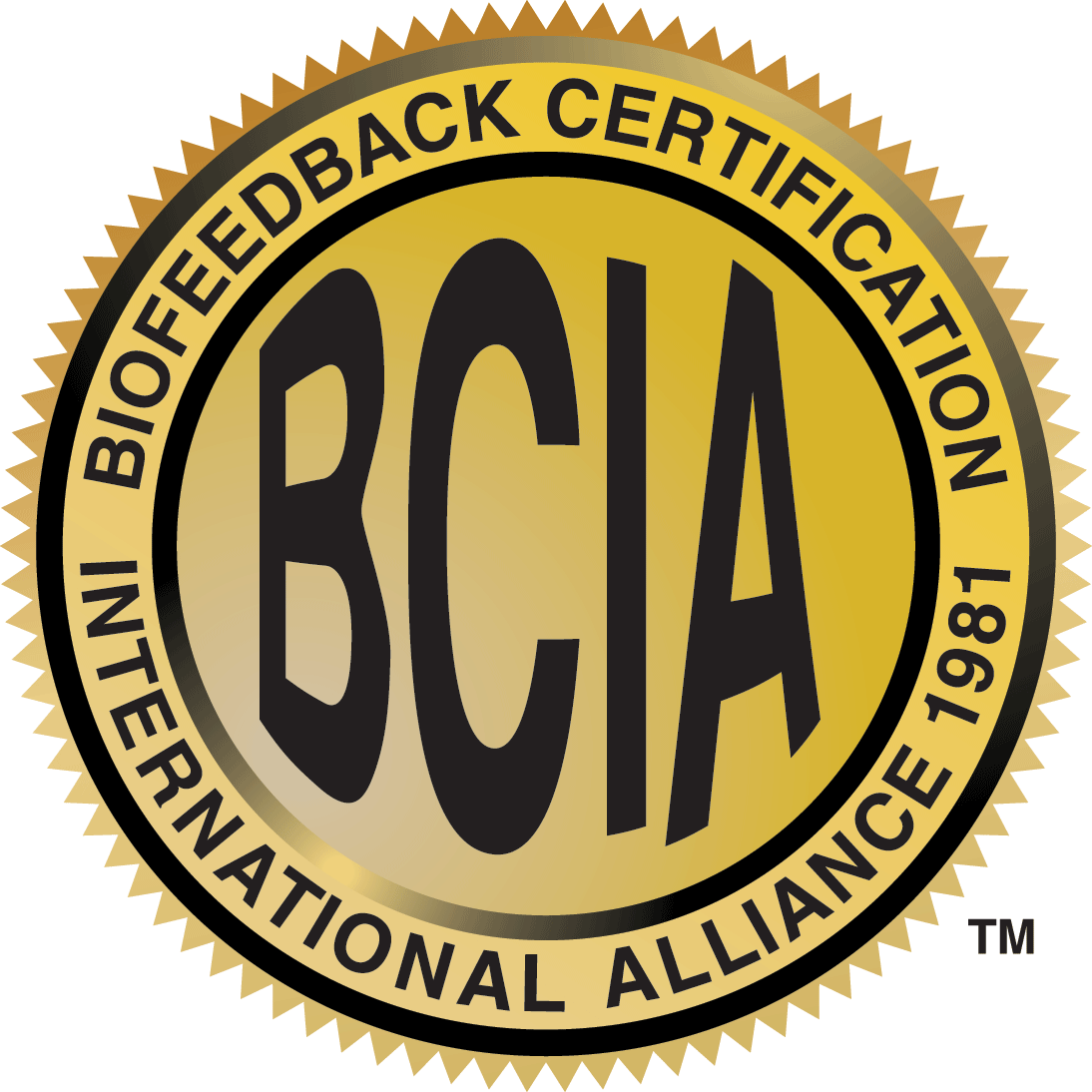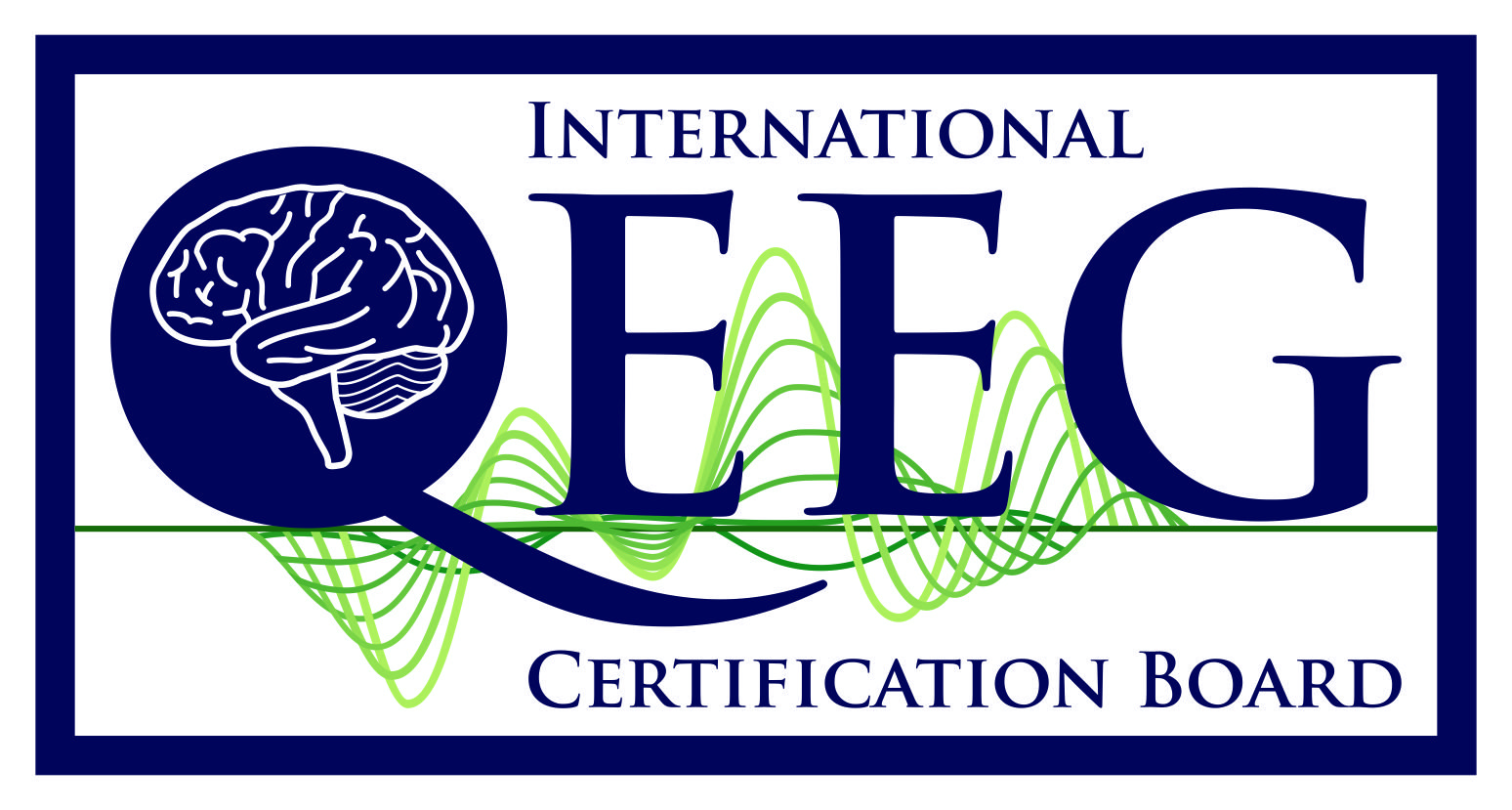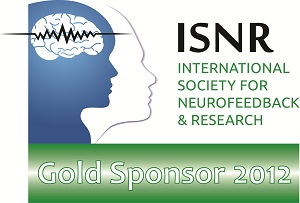(The next evolution in Neuromodulation/Neurofeedback is EEG/QEEG BrainMapping!)EEG/QEEG Certification 40 Hour Didactic Workshop
|
For Experience Levels: Introductory/Intermediate
This workshop, which is uniquely taught by five QEEG diplomates with diverse backgrounds, provides not only an opportunity to fulfill the QEEG Certification Board requirements, but also provides a broad and up-to-date exposure to the current state of EEG/QEEG and Neuromodulation/Neurofeedback. Attendees who are seeking EEG/QEEG Board certification, as well as those who have experience in EEG/QEEG and neurofeedback will find this a comprehensive and engaging workshop that by definition will include essential material to ensure a solid grasp of current EEG/QEEG concepts.
Who is this workshop for?
- Psychologists, Psychiatrists, Social Workers, MFTs, Counselors, Substance Abuse Counselors, Nurses, Dentists, Chiropractors, and technicians under licensed supervision, and other health care professionals accepted by BCIA
- Certain workshops may require prerequisite training/licensure. Call STS for further information.
- Medical doctors are welcome to attend all STS workshops. CME’s are not guaranteed.
- As well as other health care professionals accepted by BCIA
Learning Objectives:
-
- 1. Specify the relevant issues pertaining to scope of practice.
-
- 2. Explain the difference between ethical rules and legal rules in clinical practice.
-
- 3. Identify pertinent client rights and standards of care related to EEG monitoring.
-
- 4. Contrast the ethical and legal considerations as an EEG or EEG/QEEG provider.
-
- 5. Describe the physiological principles of the origins of the EEG in a client.
-
- 6. Specify the differences between EEG and EEG/QEEG.
-
- 7. Summarize the various approaches utilized in conducting EEG recording sessions.
-
- 8. Describe the various frequency bands and EEG/QEEG components.
-
- 9. Specify the Brodmann area functions and network connections.
-
- 10. Explain the l0-20 International Standard placement for 19 channel EEG recording.
-
- 11. Explain sources in the brain from which various frequency bands normally emanate, and their physiological basis.
-
- 12. Identify at least 5 sources of noncortical biological artifact in the EEG.
-
- 13. Indicate the developmental changes in the EEG.
-
- 14. Specify the various functions of cortical structures.
-
- 15. Contrast differences between t-tests, alpha and p levels, correlational relationships, and z-scores.
-
- 16. Explain how clinically measured T-tests, alpha and P levels, correlational relationships, and z-score measures are used in EEG/QEEG as decision-making tools.
-
- 17. Identify the concepts of Type I and Type II error, and power of a statistical test.
-
- 18. Describe how to interact with a client to achieve an optimal EEG or EEG/QEEG recording.
-
- 19. Identify how to make necessary adjustments or instructions during an EEG or EEG/QEEG recording session, depending on client response or observed recordings.
-
- 20. Contrast the conditions identifiable using EEG with those identifiable when using EEG/QEEG.
-
- 21. Describe the commonalities and differences in available EEG and EEG/QEEG recording devices and software.
-
- 22. Identify the best subject inclusion and exclusion criteria for building a database.
-
- 23. Explain the fundamental statistical considerations within EEG/QEEG databases.
-
- 24. Distinguish the levels of experimental design in scientific research.
-
- 25. Describe examples of the various contemporary methods of processing and displaying EEG/QEEG statistical data (maps, etc.).
-
- 26. Explain how clinical presentation of a client may affect the EEG.
-
- 27. Identify whether a client is suitable for an EEG or EEG/QEEG study.
-
- 28. Describe the steps in conducting a EEG/QEEG analysis.
-
- 29. Describe the use of Z-scores in EEG/QEEG analysis and interpretation.
-
- 30. Indicate various methods of EEG assessment.
-
- 31. Describe what EEG signatures should be referred out to other professionals.
-
- 32. Demonstrate an understanding of LORETA interpretation and training along with limitations.
-
- 33. Describe the concept of neuroplasticity in relation to the EEG and EEG/QEEG
-
- 34. Demonstrate knowledge about general cognitive and clinical changes that take effect after neurofeedback training based upon published scientific articles.
-
- 35. Describe EEG connectivity metrics such as coherence, phase, and asymmetry.
-
- 36. Explain phase and coherence, how they relate and what they can mean in the interpretation of the EEG/QEEG.
-
- 37. Explain what defines the various EEG montages and the circumstances of their use.
-
- 38. Describe how LORETA and sLORETA-based interpretation and training provide unique capabilities compared to surface metrics.
-
- 39. Discuss a working knowledge of the montages, transforms and power displays along with the specific perspectives they can provide a reader of EEG/QEEG output.
-
- 40. Explain how to ensure that an EEG recording session has minimal artifacts or interference.
-
- 41. Create and construct a report on an EEG or EEG/QEEG session tailored to the client or referring practitioner’s needs.
- 42. Distinguish various Neuromodulation therapies and modalities ie: Neurofeedback
To Register
Please click add to cart below to visit ISNR and reserve your spot today!
All times are subject change
Day 1 EEG/QEEG CERTIFICATION 40 Hour Didactic – Live at ISNRAt the Niagara Falls Governors’s Amphitheater or Virtual8 CE Hours towards EEG/QEEG CertificationMonday, September 15, 20258:30AM – 6:00PM Eastern Time |
|||
|---|---|---|---|
Day 2 EEG/QEEG CERTIFICATION 40 Hour Didactic – Live at ISNRAt the Niagara Falls Governors’s Amphitheater or Virtual8 CE Hours towards EEG/QEEG CertificationTuesday, September 16, 20258:30AM – 6:00PM Eastern Time |
|---|
11:45 AM – 12:45 PM – Clinical (1 Hour)
Lunch – 12:45 PM – 1:45 PM (1 Hour) 1:45 PM – 2:45 PM – Neuroscience (1 Hour)
Break – 2:45 PM – 3:00 PM (15 Minutes) 3:00 PM – 5:00 PM EEG/QEEG (2 Hours)
5:00 PM – 6:00 PM Clinical/Forensic (1 Hour)
|
11:45 AM – 12:45 PM – Technical (1 Hour)
Lunch – 12:45 PM – 1:45 PM (1 Hour) 1:45 PM – 3:45 PM – Neuroscience (2 Hours)
Break – 3:45 PM – 4:00 PM (15 Minutes) 4:00 PM – 6:00 PM Research (2 Hours)
|
To Register:
Please click here to visit ISNR
Disclosure Statement:
Dr. Turner MD Neurologist – There is no conflict of interest or commercial support for this program.
Dr. Cantor, Clinical Licensed Psychologist – CEO of BrainDX, LLC
Dr. Collura – Owner/Employee/Founder of BrainMaster Technologies, Inc., Bedford OH
– All of the material taught is of a scientific and clinical nature.
Mr. Ims MA in Psychology – There is no conflict of interest or commercial support for this program.
Dr. McAlister DC – There is no conflict of interest or commercial support for this program.
*The science and information is continually changing and evolving in the field of Neuromodulation/Neurofeedback and EEG/QEEG. This course will regularly update our workshops with new information as it evolves.
*CE and Commercial Support: Please review the complete CE and conflict-of-interest disclosure information prior to registering.
*This course is approved by the American Psychological Association to sponsor continuing education for psychologists. CUE Management Solutions, LLC maintains responsibility for this program and its content.
*APA Credits are not guaranteed for any workshops
*ADA Needs: If you have any special requests, please email/call: Karen Newell: 707-321-0926 newell@sonic.net
*CE and Commercial Support: Please review the complete CE and conflict-of-interest disclosure information prior to registering.
*CUE Management Solutions, LLC does not have a relevant financial relationship(s) with ineligible companies or other potentially biasing relationships to disclose to learners.
*CUE Management Solutions, LLC is approved by the American Psychological Association to sponsor continuing education for psychologists. CUE Management Solutions, LLC maintains responsibility for this program and its content.

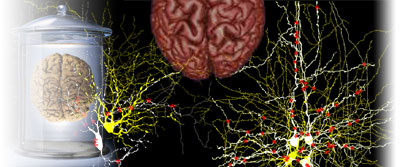
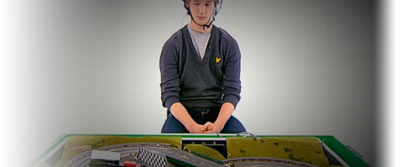
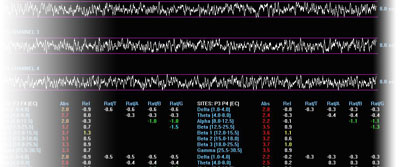
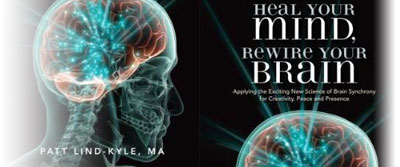
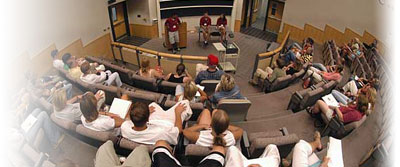
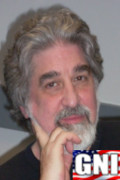 Thomas Collura
Thomas Collura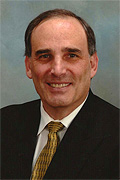 David Cantor
David Cantor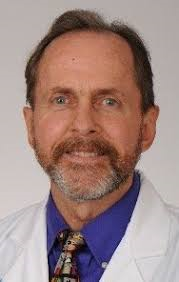 Robert (Rusty) Turner
Robert (Rusty) Turner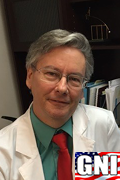 Richard McAlister
Richard McAlister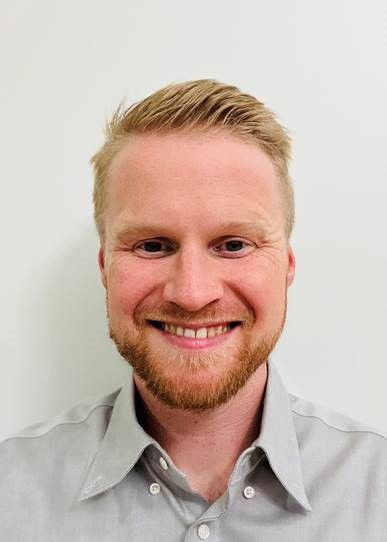 David Ims
David Ims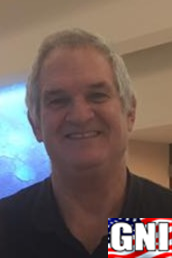 Jeff Reich
Jeff Reich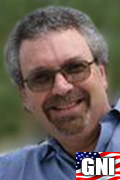 Steve Warner
Steve Warner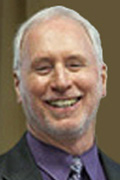 Thomas Brownback
Thomas Brownback Dolores Gaxiola
Dolores Gaxiola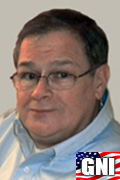 J. Michael Griffin
J. Michael Griffin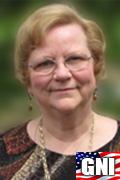 Donna Creasy
Donna Creasy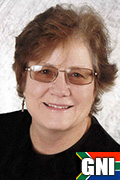 McGill Scott
McGill Scott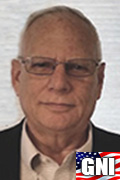 Rich Davis
Rich Davis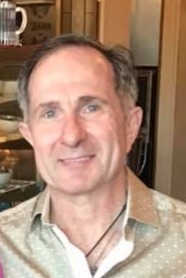 Harry (Bill) Brubaker
Harry (Bill) Brubaker Andre Keizer
Andre Keizer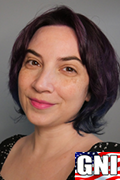 Penijean Gracefire
Penijean Gracefire John Demos
John Demos Mark Smith
Mark Smith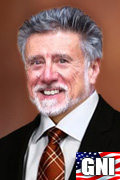 Dick Genardi
Dick Genardi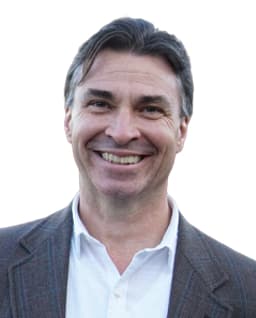 Jeff Tarrant
Jeff Tarrant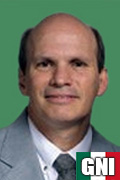 Adrian Roel
Adrian Roel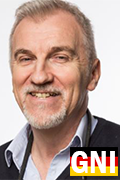 Thomas Feiner
Thomas Feiner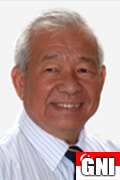 Joseph Guan -Tech
Joseph Guan -Tech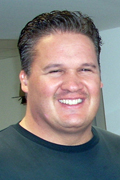 Bill Mrklas
Bill Mrklas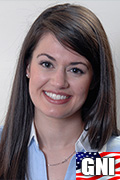 Christen Stahl
Christen Stahl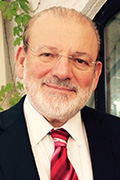 Giuseppe Chiarenza
Giuseppe Chiarenza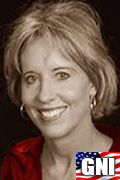 Yvonne Tate
Yvonne Tate Lisa Black
Lisa Black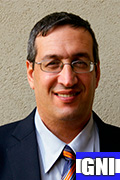 Doron Todder
Doron Todder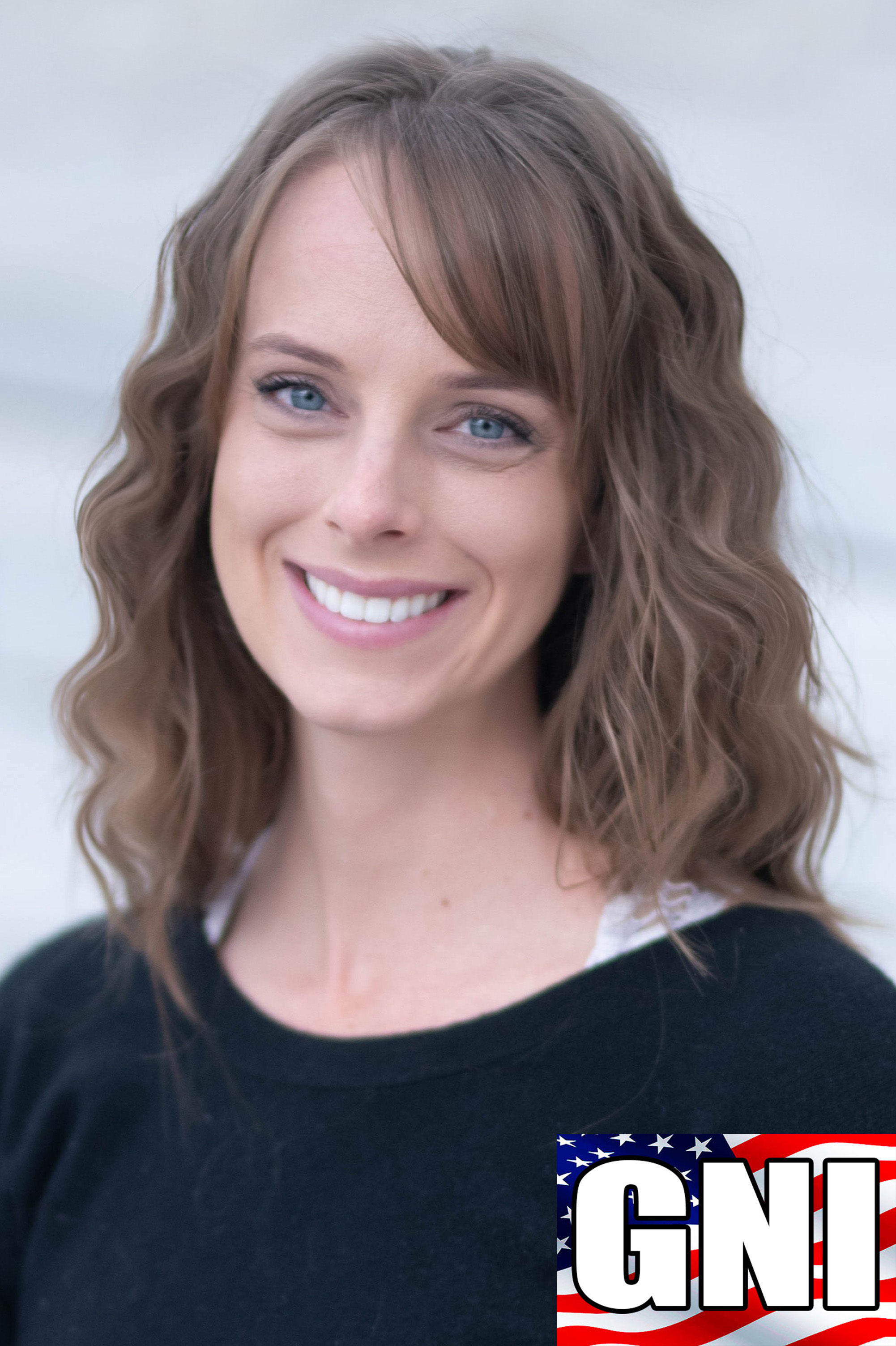 Dayna Nevar
Dayna Nevar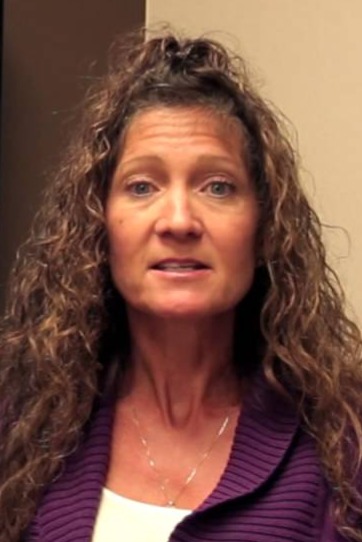 Becky Bassham
Becky Bassham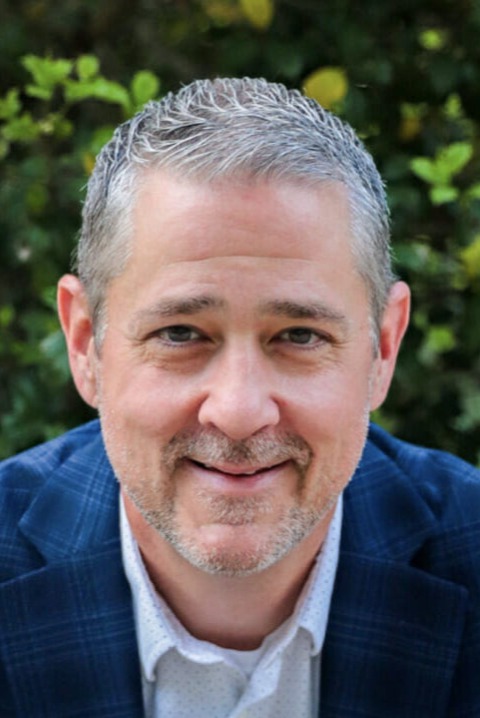 Michael Trayford
Michael Trayford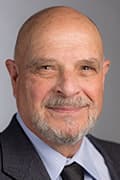 Ron Bonstetter
Ron Bonstetter
